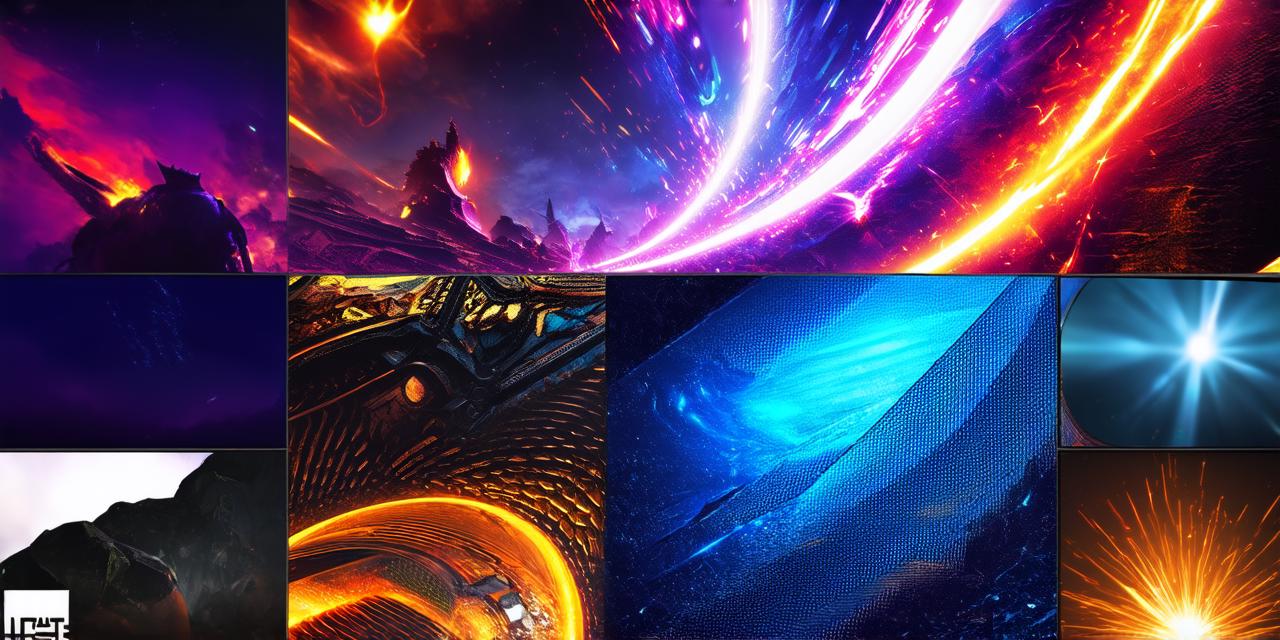Introduction
NFTs, or non-fungible tokens, have taken the world by storm in recent years. These unique digital assets are gaining widespread popularity and acceptance across a variety of industries, including gaming. In this article, we will explore how game developers can market their games as NFTs to generate revenue and engage with their audience in new and exciting ways.
What are NFTs?

NFTs are digital assets that are stored on a blockchain, making them unique and tamper-proof. They can be used to represent ownership of digital items such as art, music, and even virtual real estate. The value of an NFT is determined by the market demand for it, and they can be bought and sold like traditional stocks or commodities.
Benefits of marketing games as NFTs
There are several benefits to marketing games as NFTs. First and foremost, it allows game developers to monetize their games in new and innovative ways. By selling NFTs that represent in-game items, characters, or even entire game worlds, developers can generate a steady stream of revenue without relying on ads or subscriptions.
Secondly, marketing games as NFTs can help to create a sense of ownership and exclusivity among players. By purchasing an NFT, players can show that they have invested in the game and have a unique and valuable piece of digital real estate. This can lead to increased engagement and loyalty, as players are more likely to feel invested in a game when they have a tangible asset to show for it.
Finally, marketing games as NFTs can also help to create a sense of scarcity and collectibility among players. By limiting the number of NFTs that are available, developers can create a sense of urgency and encourage players to act quickly if they want to acquire a particular item or character. This can lead to increased demand and higher prices for NFTs, generating even more revenue for the developer.
How to market games as NFTs
There are several steps that game developers can take to successfully market their games as NFTs. First, they need to identify which items in their game would be most valuable as NFTs. This could include unique characters, rare weapons or equipment, or even entire game worlds.
Once they have identified which items to sell as NFTs, developers need to create a clear and compelling marketing campaign to promote their NFTs. This could include social media campaigns, influencer partnerships, and even traditional advertising channels such as TV commercials and print ads.
It is also important for developers to establish a clear and transparent pricing model for their NFTs. This could include setting a fixed price or using an auction-style system where players bid on items to determine their value. Developers should also be transparent about the rarity of their NFTs and how they will be distributed to ensure that players feel like they are getting a fair deal.
Finally, developers need to establish a clear and secure platform for buying and selling their NFTs. This could include partnering with an existing NFT marketplace such as OpenSea or Rarible, or creating their own custom platform if they want more control over the experience.
Summary
Marketing games as NFTs can be a highly lucrative and engaging way for game developers to monetize their games and connect with their audience in new and exciting ways. By identifying valuable items to sell as NFTs, creating a compelling marketing campaign, establishing a clear pricing model, and providing a secure platform for buying and selling, game developers can successfully market their games as NFTs and generate significant revenue in the process.
